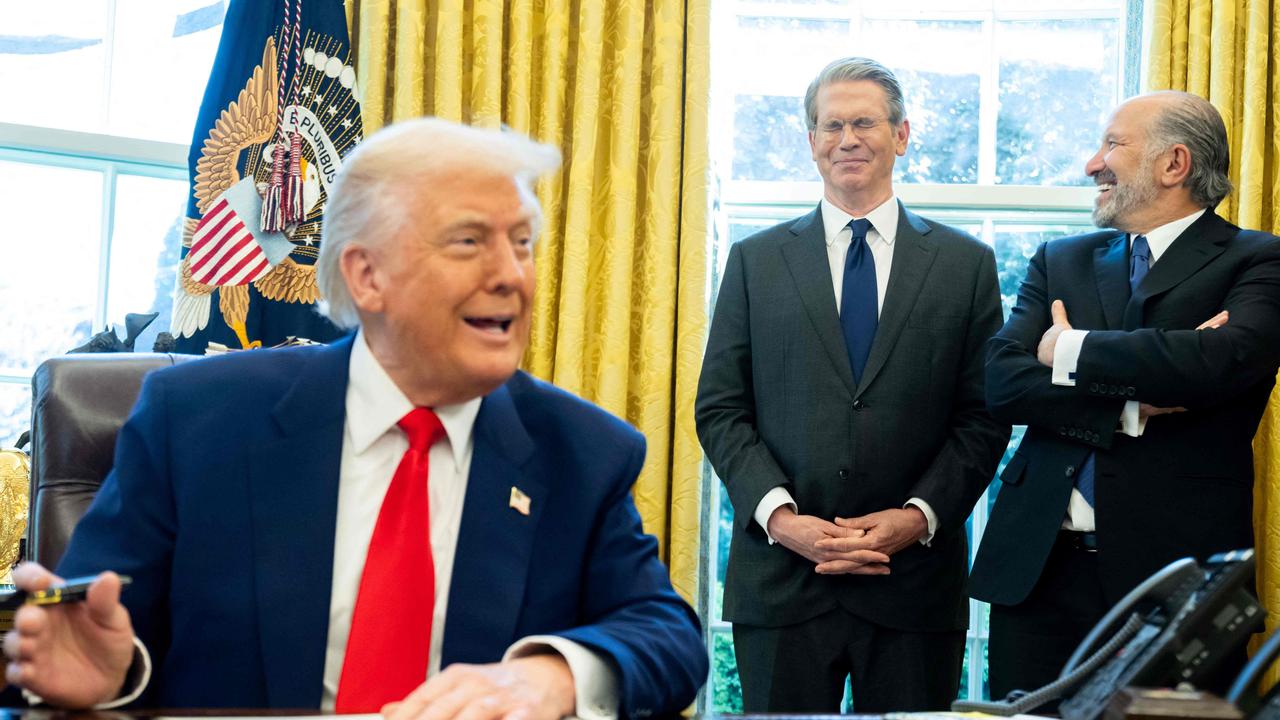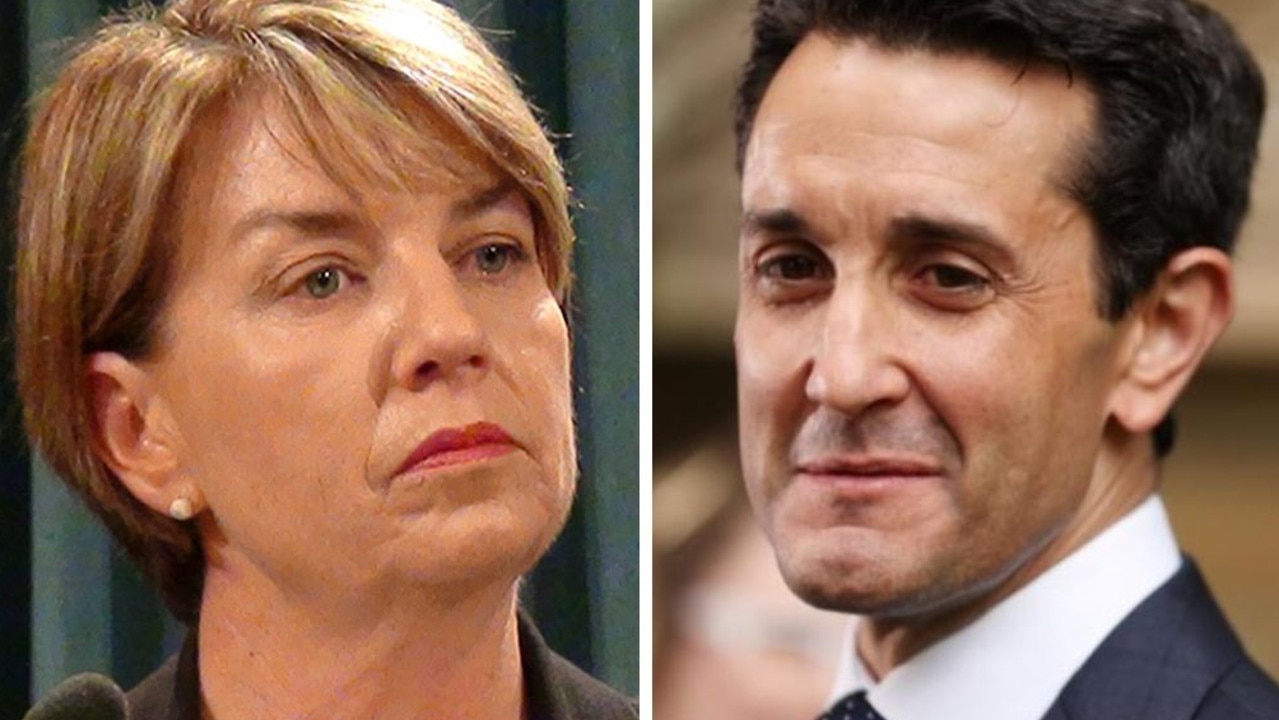Euthanasia: The right to die with dignity
Euthanasia provides the terminally ill with a dignified end and their families an escape from the nightmare of a prolonged, traumatic and harrowing death.
Opinion
Don't miss out on the headlines from Opinion. Followed categories will be added to My News.
The Victorian Government has taken leadership on the issue of euthanasia, passing laws in the lower house, which now allow terminally ill Victorians some hope that they are now closer to attaining the dignity they deserve in ending their suffering.
The proposed laws head to the upper house, where their fate rests with 40 members of parliament. Should the laws pass, Victoria will be the first state in Australia to offer an assisted dying regime.
A progressive society moves with the times. The Netherlands, Colombia, Canada, Luxembourg, Belgium, Switzerland and a number of States within the USA have had euthanasia an option for the terminally ill for two decades or more.
It is by no stretch of the imagination, a new concept, with the Greek term euthanasia coined in the ancient world with its literal translation to mean "a good death". The practice of intentionally ending a life to relieve pain and suffering was supported by Socrates, Plato and Seneca the Elder.
Today, there is an emerging trend of people inhaling a certain chemical that has been traditionally used for home brewing to terminate their lives in "backyard euthanasia" cases in Australia.
There is also a strong and growing demand to illegally access euthanasia drugs over the internet where 25 grams of Nembutal can be sourced for about $700 from China or South America.
Recent coroner reports revealed that in Victoria, 240 people who experienced "irreversible decline" in their physical health, took their own life from 2009 to 2013.
These reports graphically detailed that the terminally ill often take their lives in desperate, determined and violent ways.
It was these reports that provided much support for the passing of the legislation through the lower house, with some members of parliament denoting that their vote was cast in the hope that fewer people would choose to die in such harrowing circumstances, having the choice to access a physician and an assisted death.
Interestingly, recent evidence from Oregon in the United States suggests that given the choice and option of euthanasia, many may not choose to go through with it.
Since the Dignity Act was passed in Oregon 20 years ago, 1749 people have had prescriptions written under the law, but only 1127 patients then chose to take the lethal medication. Many believe that having the choice makes all the difference.
By empowering the most vulnerable and weak in our society with such a choice, allowing them to decide on the time, place and the people they wish to be present at their death, would provide much solace and peace of mind.
Such an assurance could bring them the ability to get through today, tomorrow and the days thereafter. In Oregon, pain was not the top reason people sought Euthanasia, it was attaining dignity in death.
Euthanasia provides the terminally ill with the gift of a dignified end and their families an escape from the nightmare of a prolonged, traumatic and harrowing death of a loved one.
Palliative care is not panacea. The pain from some conditions cannot be managed. Palliative care does not help the gasping for breath, the inability to retain food or complete bodily functions.
Death is not pretty. The vast majority of us will not be afforded the luxury of passing in our sleep, but we do have the ability to lessen the anguish and anxiety of those who are facing their mortality head on with euthanasia.
Having witnessed the reality of terminal illness with my grandmothers and having suffered the grief of loss, what I have found the most difficult to overcome is the pain of watching loved ones suffer to the bitter end.
A dignified death is a human right. No one deserves pain and suffering and no one (or no government) should have the right to make the decision for you. Euthanasia should be a choice one can make for themselves.
Why are we more compassionate with our pets than our own family members? If we prolong the life of a dying animal we are classed as cruel. We force humans to live their last days in pain and agony - for what? Is it so that we can make ourselves feel good, whilst our loved ones suffer?
Anti-euthanasia proponents often use religious rhetoric as the foundation for their argument. Religion is not necessarily rational, nor is it democratic.
Choice should be an option for those suffering at the end of their lives. Issues of morality and religious thinking should be set aside. Others argue that euthanasia is state sanctioned homicide and allows for greedy, selfish relatives to perform elder abuse.
It should be noted, however, that strict sanctions surround this proposed legislation to only allow for euthanasia to take place if the terminal patient is capable of rational decision making, is of sound mind and has made the decision for themselves.
Concerns also surround the physicians administering the lethal medication, however, one must remember that the person dispensing and overseeing the assisted death is nothing but an extension of the patient's desire, choice and free will.
Hopefully, the Victorian upper house will allow the legislation to pass in a vote for dignity and lead the way for other Australian states to follow suit.


